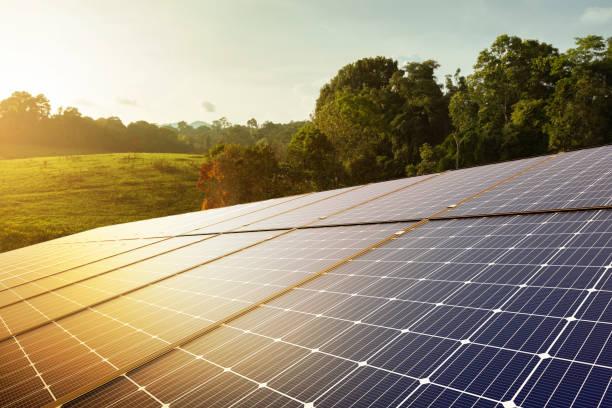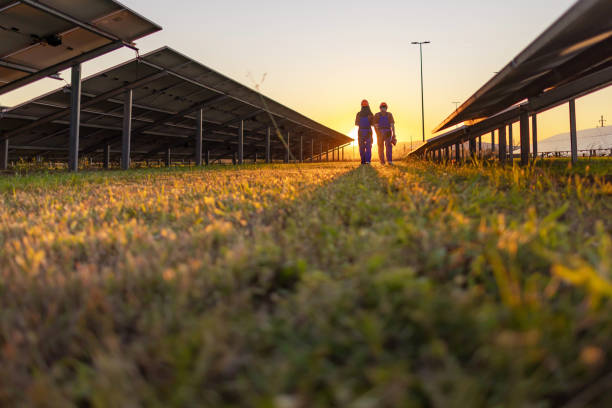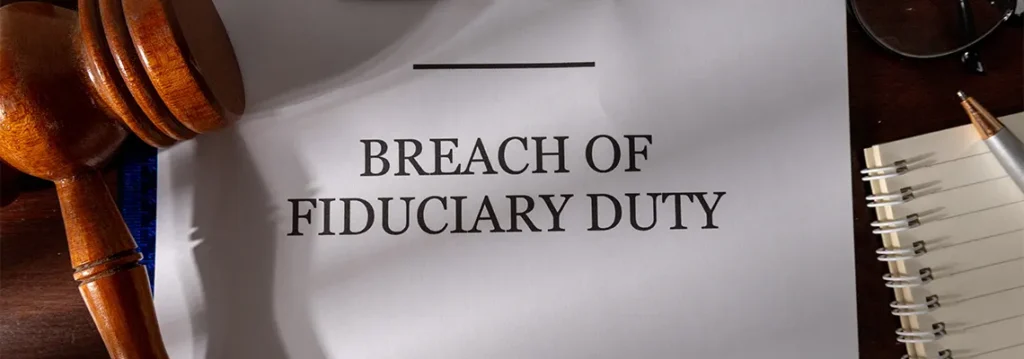Texas is known for its independent spirit, vast landscapes, and abundant sunshine—making it an ideal location for solar energy. As the second-largest producer of solar power in the U.S., Texas is experiencing a surge in residential and commercial solar panel installations. However, as more homeowners and businesses turn to solar, questions about ownership, property rights, and legal responsibilities have become increasingly important.
Who really owns the energy produced by solar panels? What happens when a homeowner wants to install solar panels but faces restrictions from a homeowners’ association (HOA)? Can a landlord prevent a tenant from going solar? Texas property laws surrounding solar energy are complex, often caught between private property rights, energy regulations, and evolving legal precedents. Understanding these laws is crucial for anyone looking to invest in solar power in the Lone Star State.
The Texas Solar Boom: Why Homeowners Are Turning to Solar Power
Texas’ deregulated energy market has played a major role in driving solar adoption. Unlike in other states where power is supplied by a single utility company, many Texas homeowners can choose their electricity provider and even sell excess energy back to the grid. This flexibility, combined with the dropping costs of solar technology and increasing federal tax incentives, has made solar power an attractive investment.

In addition to financial benefits, solar energy provides a level of energy independence that appeals to many Texans—especially in the wake of severe winter storms and power outages. After the devastating 2021 winter freeze that left millions without electricity, more homeowners began exploring solar panels with battery storage as a way to keep the lights on during grid failures.
Despite these advantages, solar panel installations are subject to various legal restrictions, property laws, and agreements that determine who controls the energy they generate.
Texas Solar Panel Ownership and Energy Rights ExplainedTexas Solar Property Rights: Who Owns the Panels and the Energy They Produce?
Under Texas law, if a homeowner purchases their solar panels outright, they own both the panels and the energy they produce. However, things get more complicated when solar panels are installed through financing arrangements. These could be leases or power purchase agreements (PPAs).
- Owned Systems: If a homeowner buys their solar system, either with cash or through a loan, they retain full control over the panels and the electricity generated.
- Leased Systems: In cases where a homeowner leases solar panels from a company, the company typically retains ownership of the equipment and controls how the energy is used or sold.
- Power Purchase Agreements (PPAs): Under a PPA, a third-party company installs solar panels on a homeowner’s property and sells the electricity back to the homeowner at a fixed rate. In this scenario, the homeowner does not own the panels or the energy produced.
This distinction becomes especially important when selling a home. A home with fully owned solar panels can increase in value and appeal to eco-conscious buyers. However, if the panels are leased or tied to a PPA, the new owner may need to assume the lease agreement or negotiate new terms with the solar provider.
Homeowners’ Associations and Solar Rights: Can an HOA Ban Solar Panels?
One of the biggest legal battles in Texas regarding solar power has been the role of homeowners’ associations (HOAs) in regulating solar installations. In the past, many HOAs imposed strict rules—or outright bans—on solar panels. They cite concerns about aesthetics and neighborhood uniformity.

However, the Texas Solar Rights Law, passed in 2011, limits the power of HOAs to prevent homeowners from installing solar panels. Under this law, an HOA cannot prohibit or unreasonably restrict solar energy devices, unless certain exceptions apply.
Exceptions Where an HOA Can Restrict Solar Panels
Despite these protections, there are still situations where an HOA can legally restrict solar panels, such as:
- Historic or Designated Areas – If a property is located in a designated historic district, stricter appearance regulations may apply.
- Common Areas – HOAs can regulate solar panels installed in common areas rather than on private property.
- Safety Concerns: If a solar installation is a safety hazard, an HOA may have grounds to prevent the project.
- Placement Restrictions: HOAs can sometimes enforce restrictions on where panels can be placed (such as requiring rooftop panels to be less visible from the street), but they cannot impose rules that significantly reduce solar efficiency.
If a homeowner believes their HOA is unfairly preventing a solar installation, they may have grounds to challenge the restriction. Many disputes have been resolved in favor of homeowners, reinforcing solar rights as a form of property rights in Texas.
Solar Energy and Landlord-Tenant Disputes: Can Renters Install Solar Panels?
The rise of solar power has also led to legal disputes between landlords and tenants. In Texas, renters do not have the automatic right to install solar panels. This is unless they have explicit permission from their landlord. Since solar panels are considered a structural modification, most leases prohibit tenants from making such changes without approval.
That said, some landlords have embraced solar power as a way to reduce operating costs and attract energy-conscious tenants. In multi-family properties, landlords can install shared solar systems that distribute energy among tenants, often through virtual net metering programs.

However, the lack of clear statewide policies for solar access in rental properties has left many tenants unable to take advantage of solar benefits. Future legislation could address these gaps, but for now, the decision largely rests in the hands of individual property owners.
Net Metering and Selling Solar Energy in Texas: What Homeowners Need to Know
One of the most attractive benefits of solar power is the ability to sell excess energy back to the grid. This is a process known as net metering. While many states have clear, statewide net metering policies, Texas does not. Instead, net metering programs vary by utility company and location.
- Some electricity providers offer full retail credit for excess solar energy, allowing homeowners to offset their electricity bills.
- Others pay lower wholesale rates for surplus power, reducing the financial benefits of solar adoption.
- Certain areas lack net metering options entirely, forcing homeowners to store excess power in battery systems rather than selling it.
Because net metering rules vary, homeowners should carefully research their electricity provider’s policies before investing in solar. Some utility companies even impose fees on solar users, making it important to calculate potential savings versus costs.
The Future of Solar Property Laws in Texas
As solar adoption continues to grow, Texas lawmakers will likely face increasing pressure to clarify and expand solar property rights. Issues such as solar access for renters, net metering regulations, and HOA restrictions remain areas of ongoing debate.
Additionally, the growing push for community solar programs—which allow multiple homeowners to share the benefits of a single large solar installation—could reshape property laws and expand access to solar energy.
For now, homeowners and real estate investors in Texas must navigate a legal landscape that balances private property rights, corporate energy interests, and evolving clean energy policies. By understanding the current laws and advocating for stronger solar protections, Texans can help shape a future where solar energy is more accessible, profitable, and widely adopted.
Conclusion: What Property Owners Should Consider Before Going Solar
Solar power offers undeniable benefits, from reducing electricity costs to increasing property values. However, Texas property laws introduce a layer of complexity that homeowners, landlords, and tenants must consider before making the switch.
Key takeaways include:
- Owning vs. Leasing Matters – Homeowners who purchase their panels outright have more control over their energy than those in lease agreements.
- HOA Restrictions Are Limited but Still Exist – While Texas law protects homeowners’ rights to install solar panels, some restrictions may apply.
- Renters Have Limited Solar Access – Without landlord approval, tenants cannot install solar panels on rental properties.
- Net Metering Policies Vary – Homeowners should research their electricity provider’s buyback policies before investing in solar.
As Texas continues to lead in solar energy adoption, staying informed about property laws will be essential for homeowners looking to maximize their investment in solar power.








